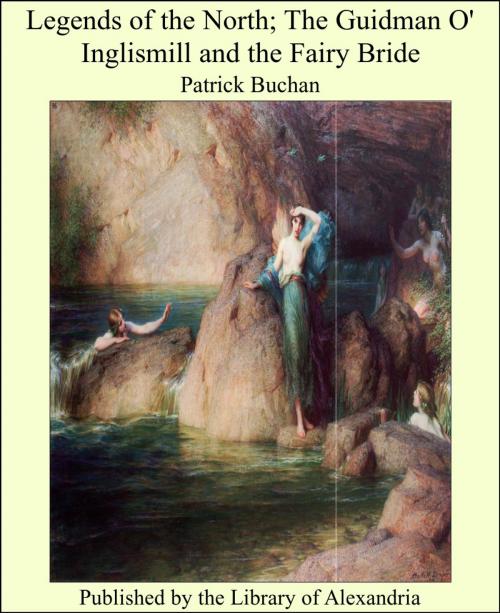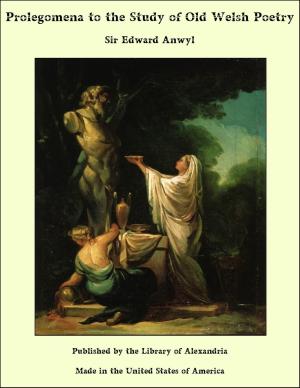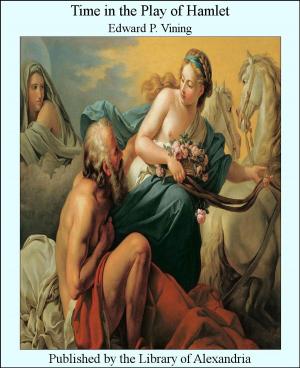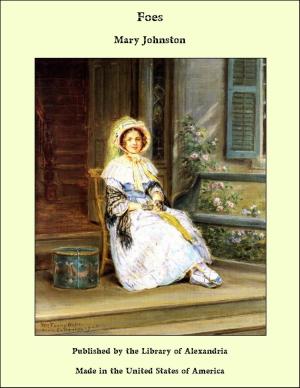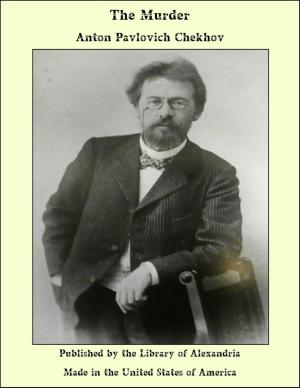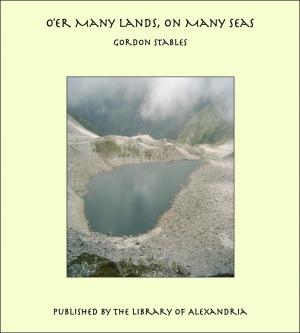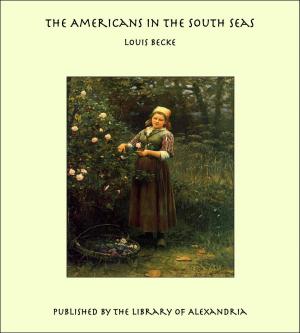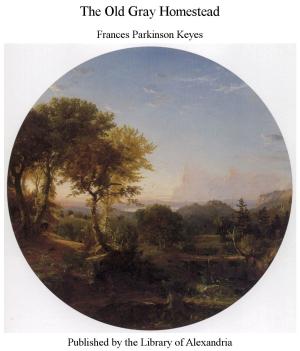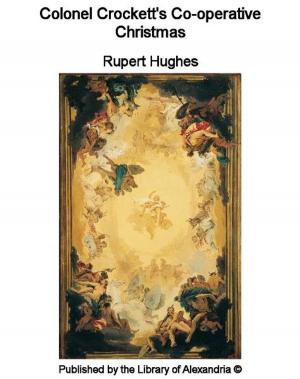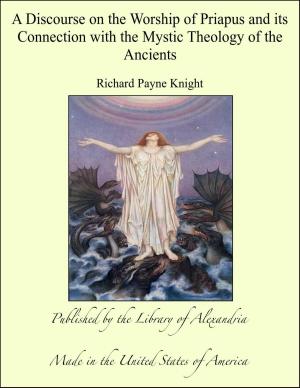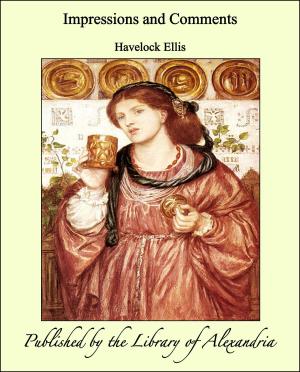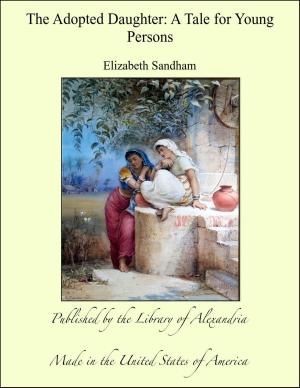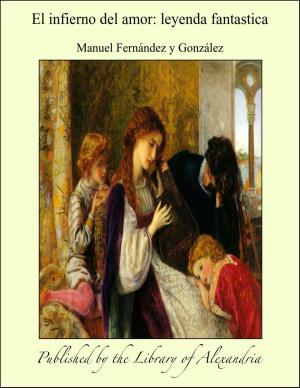Legends of the North; The Guidman O' Inglismill and the Fairy Bride
Nonfiction, Religion & Spirituality, New Age, History, Fiction & Literature| Author: | Patrick Buchan | ISBN: | 9781465536976 |
| Publisher: | Library of Alexandria | Publication: | March 8, 2015 |
| Imprint: | Language: | English |
| Author: | Patrick Buchan |
| ISBN: | 9781465536976 |
| Publisher: | Library of Alexandria |
| Publication: | March 8, 2015 |
| Imprint: | |
| Language: | English |
The Guidman o' Inglismill was written, not to fill up "hours of idleness," but as a relaxation from the cares of a more important and arduous occupation. Its object is the encouragement of temperate habits, and the enjoyment of "ane's ain fireside." It is hoped it will be no less acceptable to the reader as another attempt to assist in preserving the pure Doric of "auld langsyne," which is fast being superseded by a language less pithy, less expressive, though more fashionable. Every "toon's laddie"—or he is no true son of the "bruch"—however old, however placed as regards wealth or poverty, or wherever he may be on this habitable globe, can sympathise with the lines to the spot "where we were born." There is a charm in the true Buchan dialect to a child of the district, which neither time, age, nor distance can destroy. When "far awa," it falls on the ear like the breathings of some holy melody, and calls up in the imagination a fleeting panoramic picture of early days, and homes, and play-mates,—swelling the heart and dimming the eyes as they try to gaze down the vista of the past,—dotted, it may be, with the resting-places of those who have gone "to the land o' the leal
The Guidman o' Inglismill was written, not to fill up "hours of idleness," but as a relaxation from the cares of a more important and arduous occupation. Its object is the encouragement of temperate habits, and the enjoyment of "ane's ain fireside." It is hoped it will be no less acceptable to the reader as another attempt to assist in preserving the pure Doric of "auld langsyne," which is fast being superseded by a language less pithy, less expressive, though more fashionable. Every "toon's laddie"—or he is no true son of the "bruch"—however old, however placed as regards wealth or poverty, or wherever he may be on this habitable globe, can sympathise with the lines to the spot "where we were born." There is a charm in the true Buchan dialect to a child of the district, which neither time, age, nor distance can destroy. When "far awa," it falls on the ear like the breathings of some holy melody, and calls up in the imagination a fleeting panoramic picture of early days, and homes, and play-mates,—swelling the heart and dimming the eyes as they try to gaze down the vista of the past,—dotted, it may be, with the resting-places of those who have gone "to the land o' the leal
